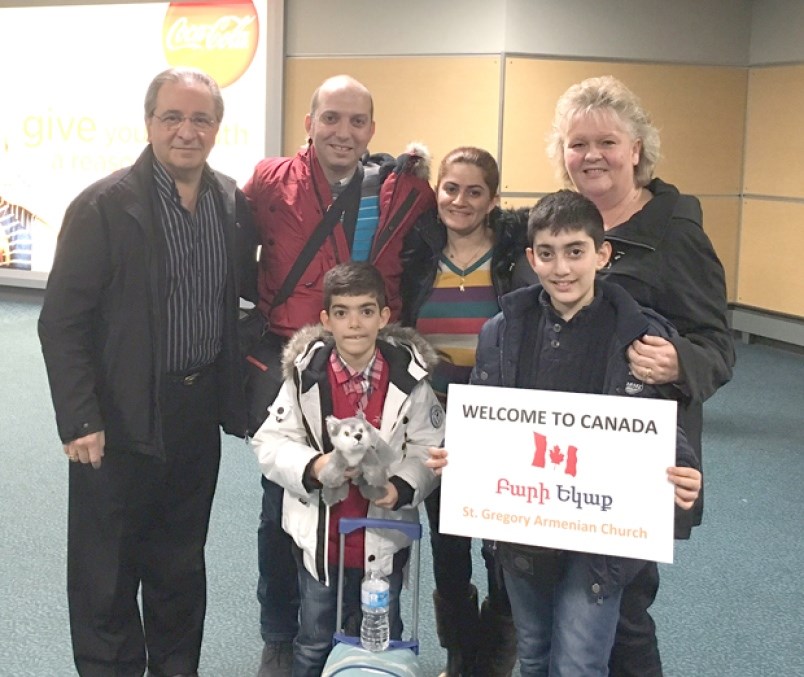It was almost two years ago now (November 2015) when Justin Trudeau announced Canada would be accepting 26,000 government-sponsored Syrian refugees fleeing their country’s civil war.
The sight of people clinging to dinghies on the open ocean, news of people suffocating to death in the back of trucks, and finally, the image of three-year-old Alan Kurdi, whose body washed up on a Turkish beach as he and his family were trying to make their way to Canada, all got just a little too much and the Prime Minister opened Canada’s doors.
It was announced that preference would go to families, who would be dispersed across the country. Chris Friesen was in charge of the settlement process in B.C., so we were anxious to get in touch with him and ask about who or how many would be coming to Richmond.
Well, maybe not.
While 2,500 would be coming to B.C. , not a single one of them would be settled in Richmond. The reason? Housing prices.
A government-sponsored refugee family of four was expected to live on $1,400 a month. You’d be lucky to find adequate housing for that, never mind paying for heat, hydro, food, clothes and the rest.
At the time, I wrote a column about how unfortunate it was that Richmond lacks the diversity of housing to accommodate at least some of those migrants searching for safety.
It also struck me as somewhat ironic, if predictable, that one of the wealthiest municipalities does the least for those in need.
But, here’s another chance — jobs.
The newly formed Business Association of Richmond is hosting a lunch with the notion of introducing potential employees to potential employers. (See our business feature on page 22.)
More specifically, a good number of the members of the group own Chinese restaurants and many of them are complaining about a labour shortage.
Meanwhile, many of the refugees who no longer qualify for the 12 months of federal funding they received when they landed are struggling to find work. It makes perfect sense to bring the two groups together over lunch.
But (there’s always a but) if this is about getting cheap labour for a dead end job, the whole plan needs a rethink. Having an accountant commute three hours to wash dishes in a Chinese restaurant, with no opportunity to learn English or recertify, doesn’t serve the accountant’s, or our economy’s, best interest.
While there’s no shame in washing dishes — I’ve done it myself — there is shame in a society that provides people (refugees or otherwise) too little opportunity to explore their full potential.
That said, everyone’s got to start somewhere, and these organizers seem intent on providing the extra support needed. While they haven’t said anything about transportation, they are talking about teaching English, as well as Chinese — and helping the owners learn Arabic.
It’s a great first step. And just think of the amazing fusion cuisine that could come out of it all.



